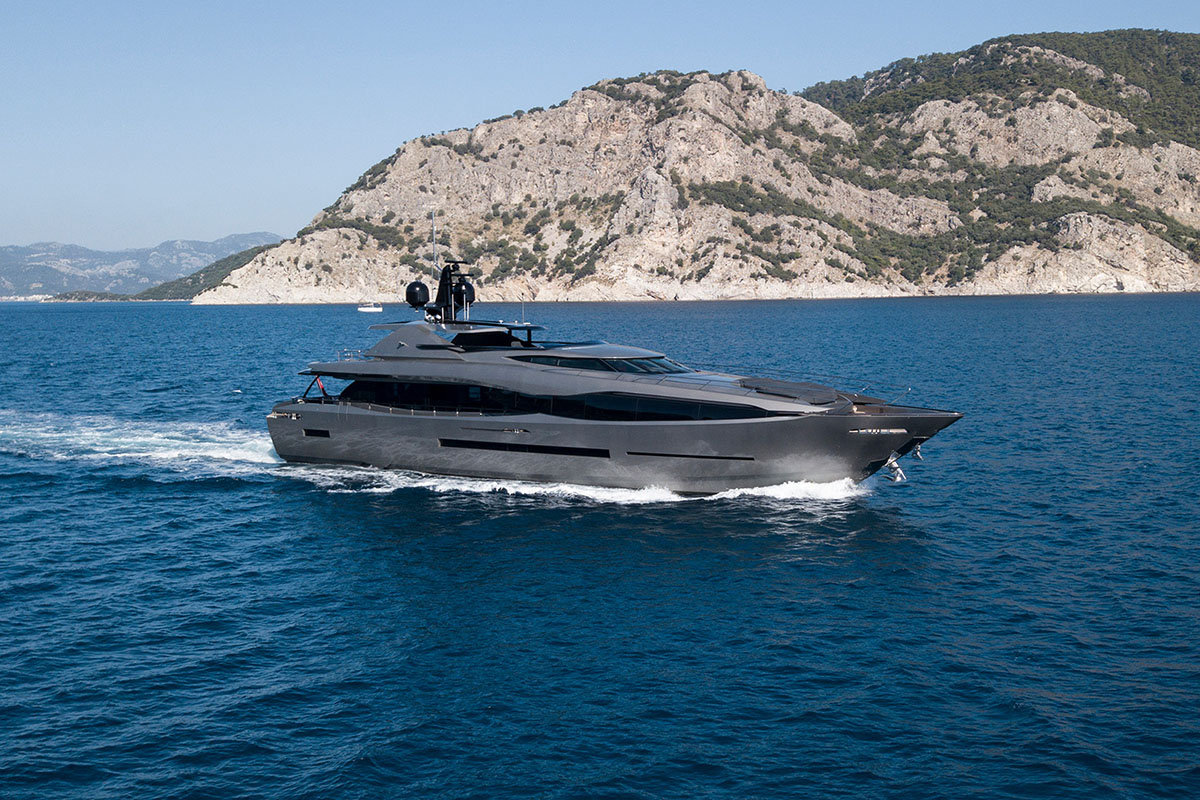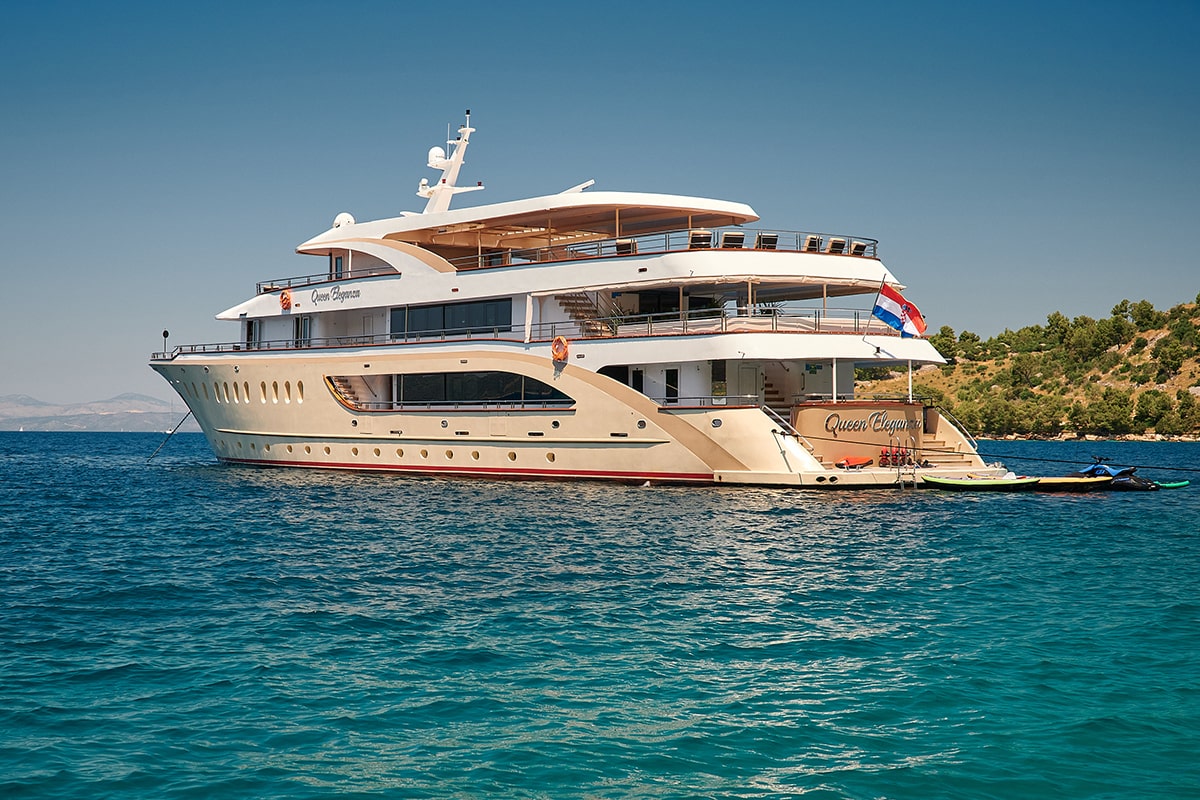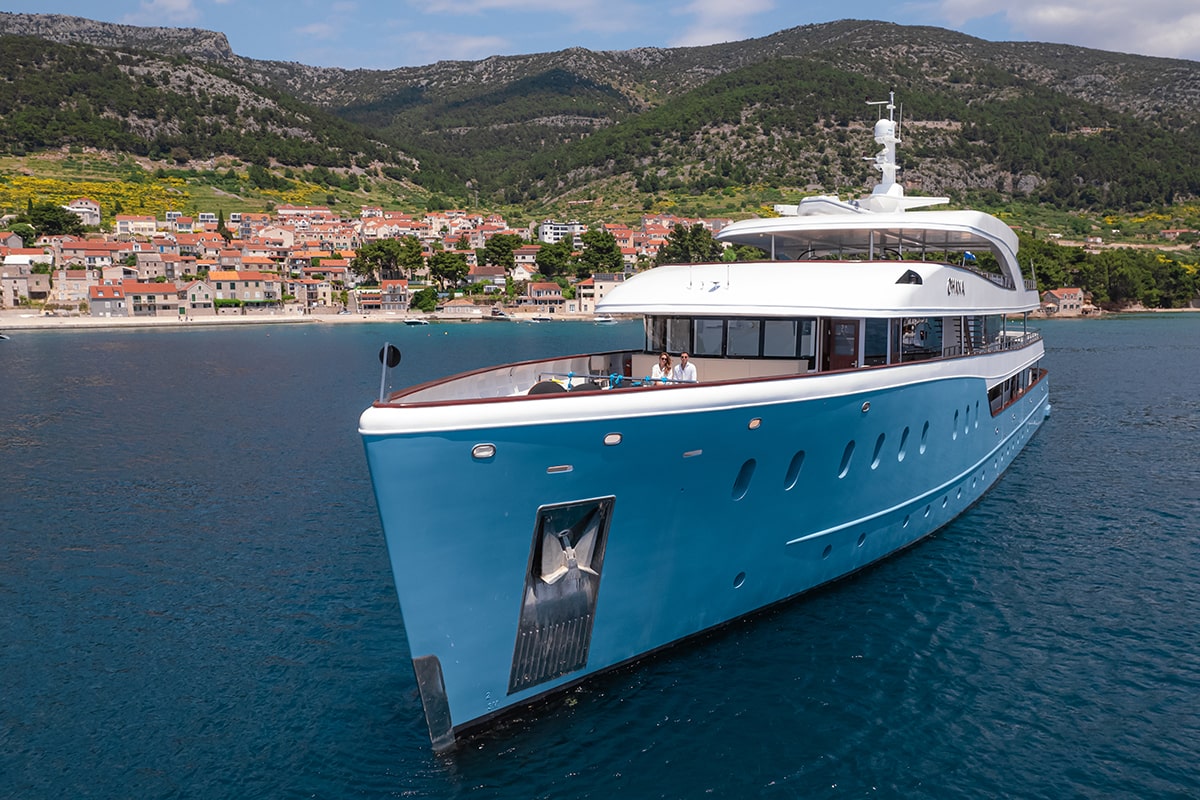Key Takeaways:
- The yacht brokerage sector is not merely about sales but revolves around creating a luxury lifestyle and experience for clients.
- The role of a yacht broker is expansive, covering knowledge of market fluctuations, yacht valuation, client advisory, negotiations, and transaction facilitations.
- Trends such as eco-friendliness and remote operability are shaping the future of yacht sales, with brokers needing to adapt their offerings accordingly.
- Sailing yachts and motor yachts appeal to different market segments, each with its specific set of advantages, preferences, and investment profiles.
- Yacht brokers must maintain a global perspective, understanding international tastes and market opportunities to optimize their client services.
Table of Contents:
I. Introduction to Yacht Sales and Brokerage Services
II. The Role of a Luxury Yacht Broker
III. Trends and Developments in the Superyacht Brokerage Market
IV. Insights into Yacht Purchasing and Ownership Transfer
V. Exploring the Yacht Market – Sailing vs. Motor Yachts
VI. Yacht Valuation and Investment Strategies
Introduction
Navigating the waters of the yacht brokerage industry requires not just a keen understanding of boats and the sea but also a deft command of client relations and market knowledge. As a significant component of the luxury goods market, yacht sales and brokerage services entail much more than transactions—it’s about experiences, lifestyle, and understanding the minutiae of what makes a yacht not just good, but great.
In this article, we will dive into the compelling world of yachting. We will begin by outlining what goes into the sales and brokerage of these lavish vessels, including the intricacies of the yacht broker’s role. It is a role that oscillates between that of an advisor, negotiator, and confidant, striving to align the desires of yacht buyers with the realities of the market.
With a keen eye on the horizon, we will look at the current trends shaping the superyacht marketplace. Whether it’s the increasing demand for eco-friendly designs or the rise of experiential-based ownership over traditional assets, staying ahead of the curve is crucial in this industry.
The purchase process for a superyacht is complex and multimodal, involving aspects like registration, insurance, crewing, and more. We will peel back the layers of this process and provide perspective on navigating these waters smoothly.
The yacht market is as diverse as it is vast, with potential buyers oscillating between the romance of a traditional sailing yacht and the power and luxury of modern motor yachts. Decisions between the two often hinge on intended use, budget, and personal tastes. We dissect the unique attributes and market positioning of both types.
Finally, understanding the value of a yacht and how it fits into an investment strategy is fundamental for a successful transaction. We explore valuation methodologies and investment considerations, equipping buyers, sellers, and brokers with the information needed to make informed decisions.
Let us embark on this voyage together, setting a course through the dynamic and fascinating waters of the yacht brokerage industry.
The Strategic Role of a Luxury Yacht Broker
The luxury yacht broker sits at the helm of what can often be multimillion-dollar transactions. Their expertise extends beyond mere salesmanship to encompass a deep understanding of maritime law, yacht construction and design, market dynamics, and client needs. Brokers must also possess a robust network of industry contacts, including shipyards, designers, maritime lawyers, and other brokers, which they leverage to find and secure the best deals for their clients.
The Current State of Superyacht Brokerage
Superyacht sales reflect the state of the global economy and the wealth of its high-net-worth individuals. As of [year], trends indicate a particular interest in eco-friendly yachts and those equipped with the latest technology for remote work and pleasure. Despite fluctuating economies, the demand for superyachts remains steady, showcasing the resilience of the luxury maritime market
Yacht Purchasing Process
Purchasing a yacht is a significant investment and involves various steps:
- Identifying the right vessel
- Conducting thorough inspections and surveys
- Negotiating the purchase price
- Completing legal and financial paperwork
The broker’s expertise is invaluable in each of these stages, ensuring that the buyer’s interests are protected and that the transaction complies with all regulatory requirements.
START PLANNING YOUR NEXT YACHT ESCAPE
Comparative Advantage: Sailing vs. Motor Yachts
Two distinct categories dominate the yachting world: sailing yachts and motor yachts. Each appeals to different buyers based on performance, comfort, and aesthetic preferences.
Sailing Yachts:
Renowned for their eco-friendliness and the romance of harnessing the wind, they offer a traditional and serene yachting experience.
Motor Yachts:
They boast power and luxury, equipped with state-of-the-art technology and amenities for long-range cruising and comfort.
Yacht Investment: A Financial Perspective
To assist clients in making informed investment choices, yacht brokers must provide accurate valuation estimates. The broker takes into account factors such as the yacht’s age, brand, history, and condition. Typically, motor yachts tend to depreciate faster than sailing yachts due to their more complex systems and higher maintenance requirements.
Tables of Comparative Data
Table 1: Yacht Type Comparison
- Feature
- Speed
- Range
- Maintenance Costs
- Crew Requirements
- Eco-Friendliness
- Initial Investment
- Sailing Yacht
- Slower, wind-dependent
- Varied based on sail size
- Generally lower
- Smaller crew
- Higher (wind propulsion)
- Varies greatly
- Motor Yacht
- Faster and more powerful
- Longer due to fuel capacity
- Higher due to engine complexity
- Larger crew for operations
- Lower (fuel consumption)
- Typically higher
Table 2: Depreciation Estimates
- Yacht Type
- Sailing Yacht
- Motor Yacht
- 1st Year Depreciation
- 10%
- 15%
- 5th Year Depreciation
- 30%
- 40%
- 10th Year Depreciation
- 50%
- 60%
Global Reach in Yachting
The international market for yachts is expansive, with regions like the Mediterranean and the Caribbean being perennial favorites. Emerging markets in Asia and the Middle East also present new opportunities for buyers and brokers alike.
To attract a global clientele, brokers must understand the unique cultural and regional preferences that influence yacht purchasing decisions. This might involve customizing their listings and marketing strategies to cater to diverse audiences.
Conclusion
The yacht brokerage industry is a complex and dynamic sector that allows individuals to turn dreams into reality. Even though that some wonder why use a yacht broker when searching for new vessel, the reallity is that brokers know where to finde these yacht quicker, get the information faster and can accurately represent the buyer in many stages. Brokers guide clients through the often-daunting process of yacht ownership by providing indispensable knowledge and services. A comprehensive understanding of the industry, market trends, sales techniques, and client service is essential for a successful yacht brokerage endeavor.
Strategic Tips & Tricks for Yacht Brokerage Company Employees:
- Maintain up-to-date knowledge of global market trends.
- Offer comprehensive and transparent brokerage services.
- Employ strategic negotiations and valuation methods.
- Understand and cater to the cultural nuances of an international clientele.
The yacht brokerage industry is a multifaceted and exhilarating space, where monumental deals are not just about the exchange of goods but rather the fulfillment of a unique and opulent lifestyle. Inherent to this industry is an intricate tapestry of expertise, ranging from nuanced market knowledge and sales prowess to a deep understanding of maritime law and international regulations. At its core, yacht brokerage transcends mere transactional interactions, engendering long-lasting relationships and experiences.
Yacht brokers are tasked with navigating a realm where every client’s dream varies as much as the yachts themselves. With the twin pillars of trust and expertise guiding every interaction, brokers mediate between buyers’ desires and the tangible reality of the market, connecting the dots to ensure both parties find satisfaction in the end result. The market demands not just an analytical and strategic mind but also one that appreciates the subtleties of luxury and the nuances of individual tastes.
With the rise of environmental consciousness and technological advancements, the dynamics of yacht sales and ownership continue to evolve. A successful yacht broker today must be attuned to these shifts, delivering value through sustainability-focused options or technologically equipped vessels that cater to modern needs. This ability to adapt and foresee market trends is an indispensable asset that sets apart leading brokers within the international marketplace.
In a world that is becoming increasingly globalized, yacht brokers benefit from thinking without borders. The luxury of yachting appeals to a global audience, and the savvy broker must reach across cultural and geographical divides, understanding and respecting the various preferences and aspirations that drive purchasing decisions in different regions. Here, the strategic deployment of digital marketing and search engine optimization, through well-chosen keywords, plays a crucial role in expanding reach and connecting with a diverse clientele.
As we look to the horizons of what’s possible within yacht brokerage, it’s clear that success hinges on a broker’s capacity to be a connoisseur of the high seas, an adept business strategist, and a perceptive cultural diplomat—all rolled into one.
1. What is the primary role of a yacht broker?
The primary role of a yacht broker is to act as an intermediary between buyers and sellers in the yacht market, providing advice, facilitating viewings and negotiations, handling legal and financial aspects, and ensuring the smooth transfer of ownership.
2. How do yacht brokers stay ahead of market trends?
Yacht brokers stay on top of market trends through continuous research, industry networking, attending yacht shows, and staying informed on technological and environmental developments in yacht design and construction.
3. What is the importance of SEO in yacht brokerage?
In yacht brokerage, SEO (Search Engine Optimization) is important because it helps brokers to increase their online visibility, attract potential leads, and effectively market their listings worldwide.
4. Can yacht brokers facilitate yacht charters as well?
Yes, many yacht brokers also offer charter services, helping clients to rent a yacht for private vacations or corporate events.
5. What factors influence yacht valuation and investment?
Factors influencing yacht valuation include the vessel’s age, brand, construction quality, maintenance history, and market demand. A yacht’s value also depends on its type, with motor yachts typically depreciating faster than sailing yachts.













